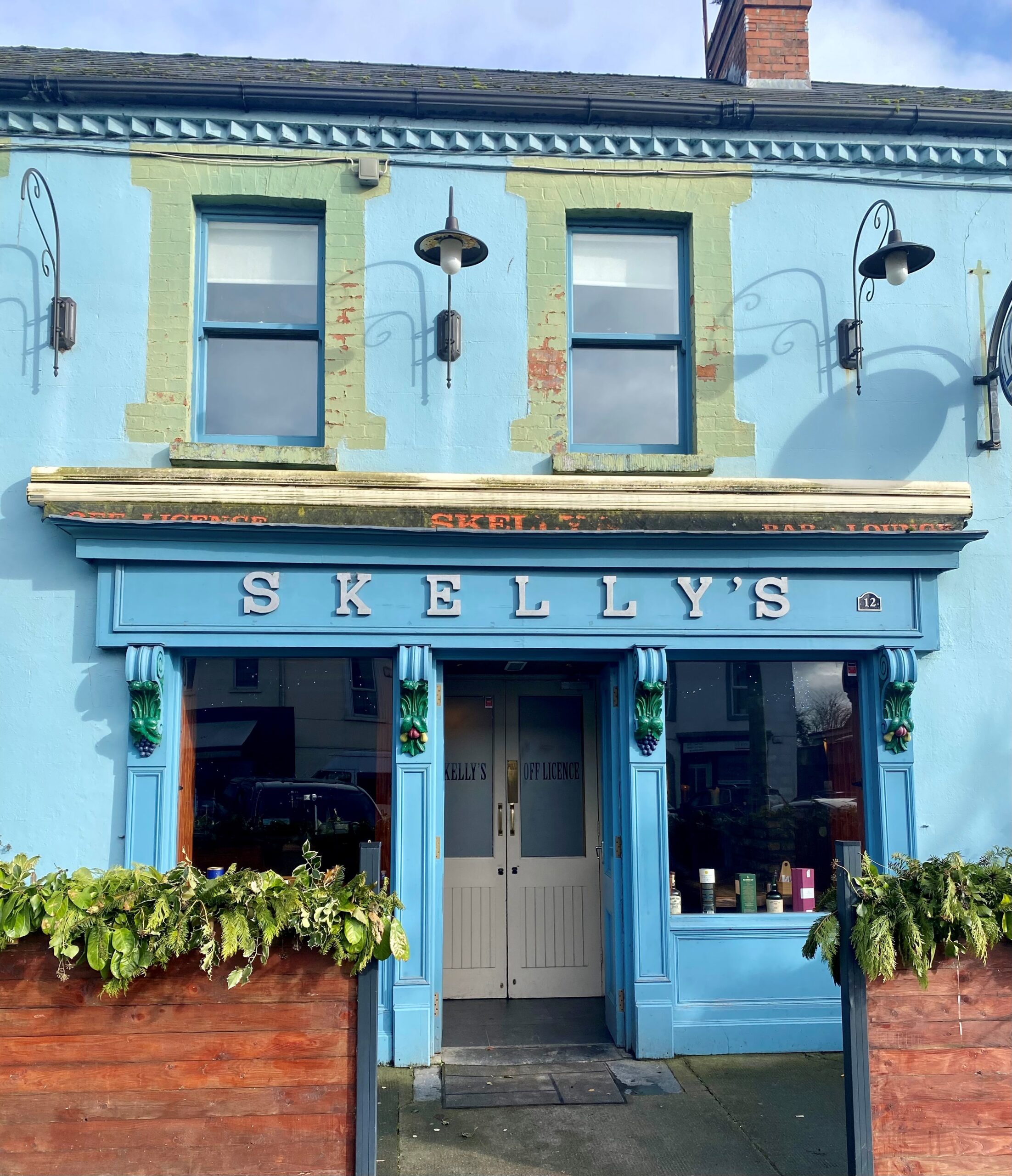“We focus too much on plants. It is the soil we should be focusing on.”
Tanguy de Toulgoet of Dunmore Country School in County Laois has created a wonderfully charming French ‘potager’ garden. Situated on a one-acre plot outside Durrow, Tanguay divides his kitchen garden according to the organ of the plant: “So I put all the root crop together, the leafy crop together, the fruit crop together, and I put all the flower crop together.” The country garden incorporates annual, perennial, and biennial flowers, herbs, fruit bushes, trees, and vegetables to mingle and grow alongside one another. He maintains that; “planting colour right outside the window is not only good for your mental state but also good for the soil”, and for Tanguay, soil is the place we should place all our attention when we are gardening.

Ploughing and chemicals are destroying the soil
Tanguay started gardening when he was thirteen; “I struck a deal with my grandfather that if he bought me seeds to grow, I would supply food.” This is where it all started for Tanguay. He quickly learned a lot by simply trying out different seeds to see how they grow. He now buys 30 to 40 new varieties of seeds every year for his own kitchen garden. He studied Agricultural Science in Paris, and went on to manage an 800-acre tillage farm.. It was here, while growing hundreds of acres of wheat with chemicals that he realised that ploughing and chemicals were destroying the soil. “It was quite an eye opener: intensive farming does such a damage on our environment.”

Sage advice on feeding the soil
“Have you noticed we have longer spells of dry and wet weather. The wet weather last year, for instance, had a huge effect on the honey bees, the wasps, and butterflies, because they all need nectar. But, he points out, it’s not all bad; “We can grow crops like we couldn’t before climate change.” Tanguay’s emphasis on maintaining, or in this case not maintaning the soil is the only way. He believes strongly in no ploughing, no digging;
“If you only have one plant in your soil, the microbiota (microorganisms found in plants) will be poor, but when you grow a lot of different varieties of plants together, you’re going to have a huge amount of beneficial bacterial, yeast and fungi in the soil. The way to really take care of soil is not to dig it. Protect it from the sun, the UV light and that will protect the water from escaping. You will save water when it is too dry by using mulch for eg. glass clippings, leaves and cabbage leaves. After that always ‘row ‘Crop-Association. Growing potatoes along with snap peas and lettuce. All together is a good combination. This was done many years ago and we should do it again.”
This method helps create areas with varying levels of fertility, from productive vegetable beds to biodiverse meadows, all while reducing the need for chemicals. As a result, your garden remains balanced and supports biodiversity without the use of insecticides or sprays.

Summer Garden to Table
According to Tanguay, if you put colours (flowers) outside your kitchen window, they can heal your mind when you are looking out at them – “This is the unknown benefit of the garden, that you don’t have to go outside to feel it, it can heal you inside. And then, if you do walk out into it, your senses will pick up the smells and the buzz of the bees.”

In my short time with Tanguay, I picked up so many helpful tips for my own little garden. At Dunmore Country School, their workshops help you understand the importance of cooking and preserving what you grow. His wife, Isabelle prepares delicious, healthy, and seasonal lunches or cakes using homegrown organic produce. Their courses include, building a polytunnel, seasonal gardening courses, starting your garden from scrath and two brand new courses.
One is a ‘Summer garden to table’ course where you embark on a sensory journey through Dunmore’s kitchen garden. You will also learn about organic growing methods, from soil preparation to seasonal planting and harvest techniques. After the tour, you can share their table and enjoy a meal crafted from the very produce you’ve explored, offering a true taste of the garden’s bounty. The other is the ‘Savour the Summer garden’, where lunch is crafted primarily from the garden’s fresh produce, accompanied by a choice of coffee or tea and a delightful dessert! See more on Dunmore Country School.




